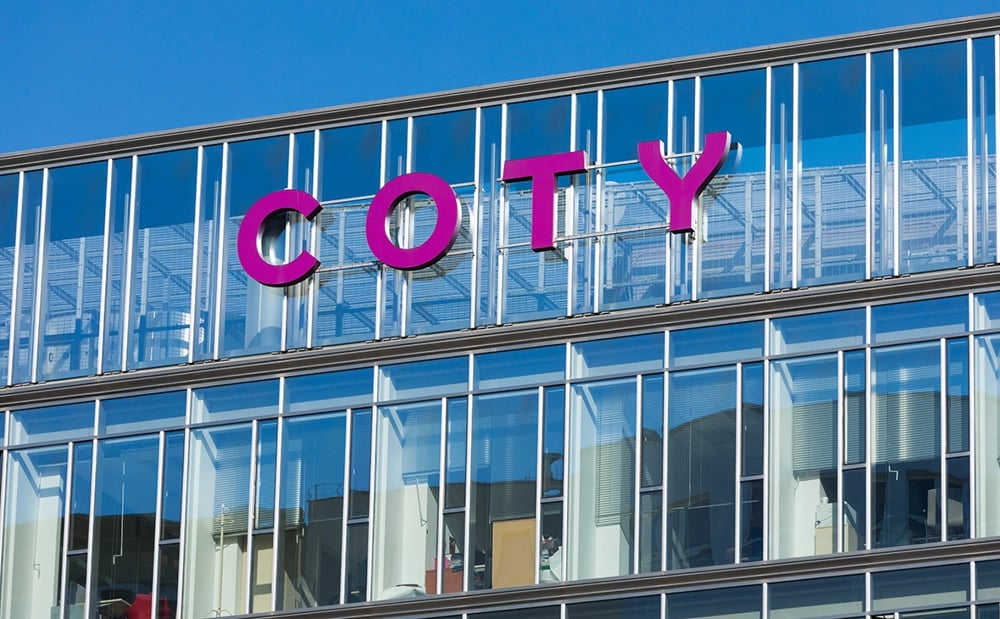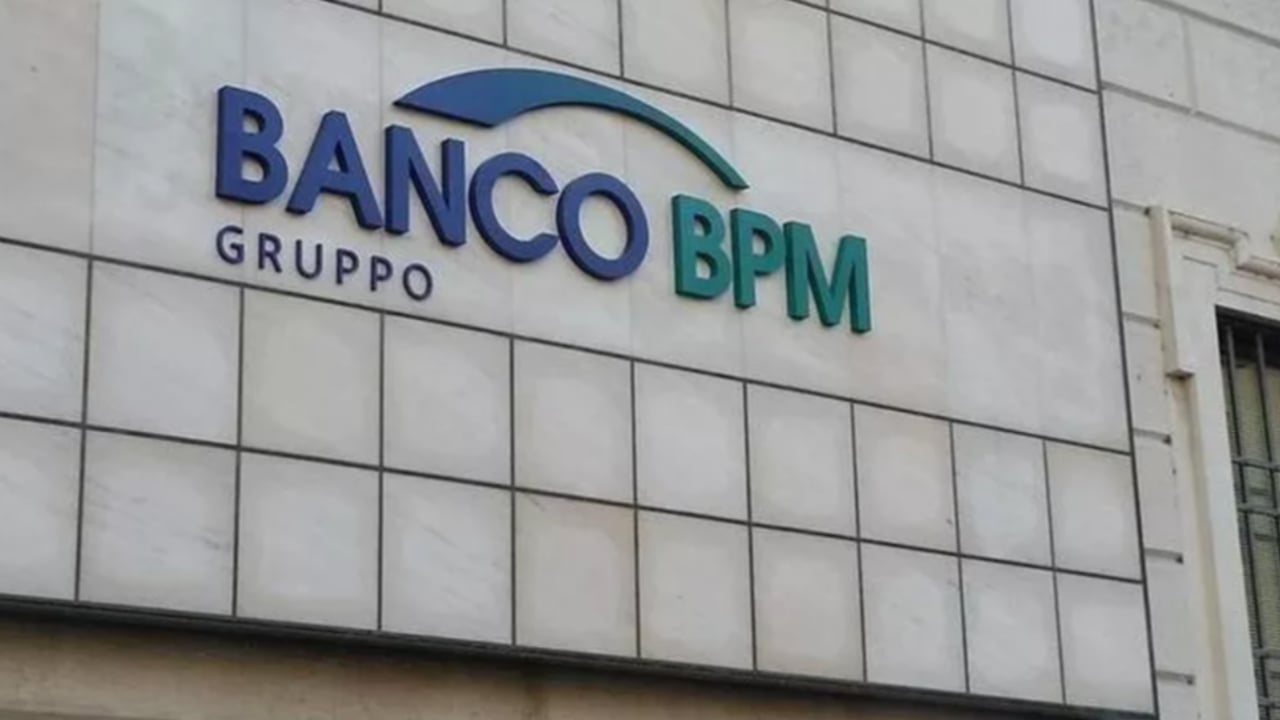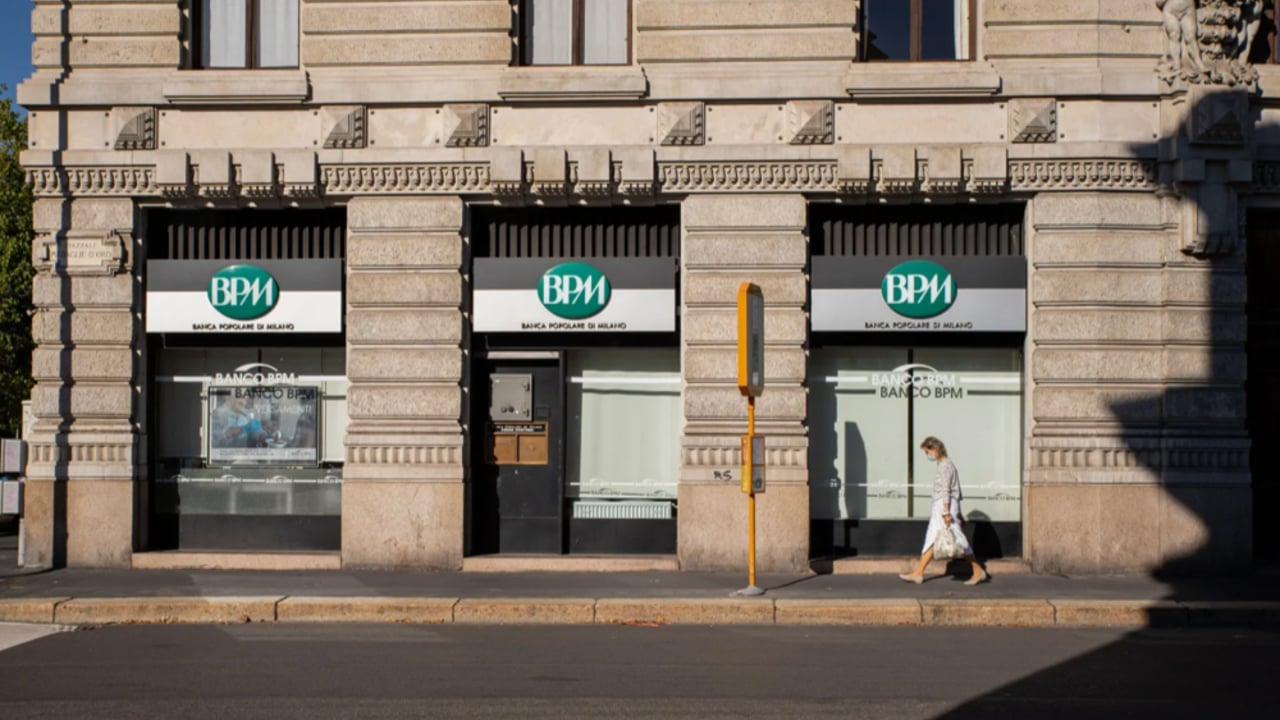In Italy’s ever-evolving financial market, a significant development is poised to reshape the banking sector. UniCredit, Italy's second-largest bank, has announced that the Italian regulatory body Consob has approved the documentation related to the share exchange offer for the acquisition of Banco BPM for a staggering 14 billion euros. With this approval, the final prerequisite to launch the tender process has been met, setting the stage for transformative changes in Italy’s financial arena.
A Turning Point for Italian Banking
This move comes at a time when Italy's banking industry is experiencing a phase of deep restructuring and innovation. Following a turbulent period marked by recovery challenges after the 2008–2012 financial crisis, Italian banks have begun to demonstrate renewed stability and profitability. The recent surge in profitability, largely fueled by an environment of high interest rates, has fortified the industry. Nevertheless, the emergence of several hostile takeover bids has intensified competition and underscored the urgent need for strategic consolidation in the banking sector.
UniCredit, which recently secured approval from the European Central Bank to advance this transaction, is proposing an exchange where 0.175 newly issued shares will be offered for every share of Banco BPM. This share swap strategy reflects a broader effort to synchronize assets and fortify the bank’s market position amid rapidly changing economic conditions.
New Opportunities Amid Structural Change
The Consob approval marks a critical step toward realizing one of the most significant consolidation deals in Italy’s banking history. With the offer set to be active from April 28 to June 23 this year, UniCredit is poised to enhance its competitive position while contributing to a more resilient financial market structure. Merging two of Italy's key financial institutions is expected not only to optimize asset management but also to mitigate market volatility often associated with large-scale financial transactions.
Strategic Strengths and Defining Moments of the Deal
A number of key factors underpin the prospective success of this high-stakes transaction:
• Regulatory endorsement that minimizes legal and operational risks
• Timely support from the European Central Bank, reinforcing the offer’s financial solidity
• The consolidation of significant assets, which is anticipated to improve overall market liquidity and credit supply
• A positive market sentiment reflected in the recent record earnings of Italian banks driven by high interest rates
Essential Steps in the Evolution of the Deal
For a clearer perspective, consider these crucial stages that are expected to shape the successful execution of the acquisition:
1. Securing Consob's final approval, which finalizes the preliminary phase of the deal
2. Finalizing the share exchange offer, involving the issuance of 0.175 new shares for every Banco BPM share
3. Completing all regulatory and formalities during the tender period from April 28 to June 23
4. Integrating assets post-tender, thereby creating a more robust financial entity
5. Implementing post-merger integration processes aimed at enhancing operational efficiency
This structured approach reflects the careful planning and strategy necessary for executing such a complex transaction, accounting not only for financial calculations but also for important regulatory and competitive dynamics.
Spotlight on Contemporary Market Trends
Mergers and acquisitions of this magnitude are increasingly common in today’s global financial landscape, where market instability and economic challenges call for robust restructuring measures. In this context, several positive trends can be identified:
- Enhanced synergy through the consolidation of leading banking assets
- Increased resilience in the credit and monetary systems
- Improved risk management practices
- Strengthened regulatory confidence
- Opportunities for higher profitability through capital structure optimization
By merging key players in the sector, the deal stands to generate new competitive advantages and streamline investment distribution. Despite previous challenges, Italy's banking sector has demonstrated its capacity to adapt, and this transaction may well serve as a critical benchmark for future consolidation endeavors across Europe.
Assessing the Future in a Dynamic Financial Landscape
Experts believe that the proposed acquisition could act as a catalyst for long-term reform in Italy’s banking industry. The merged entity is expected to not only broaden the range of financial services available but also bolster its position both regionally and on the international stage. In an environment where many European banks are still recovering from past crises, this deal may serve as a model for effective mergers and acquisitions.
Furthermore, this strategic move underlines the importance of aligning traditional banking practices with modern management techniques. With a focus on integrating cutting-edge digital solutions and advanced analytics, the new configuration aims to increase operational resilience and profitability, positioning the institution well for future market challenges.
As the process unfolds, industry analysts will be closely monitoring the integration of UniCredit’s and Banco BPM’s assets, which could set a precedent for overcoming the challenges posed by globalization and technological disruption in financial markets.









This move could redefine automation's future in a rapidly evolving tech ecosystem